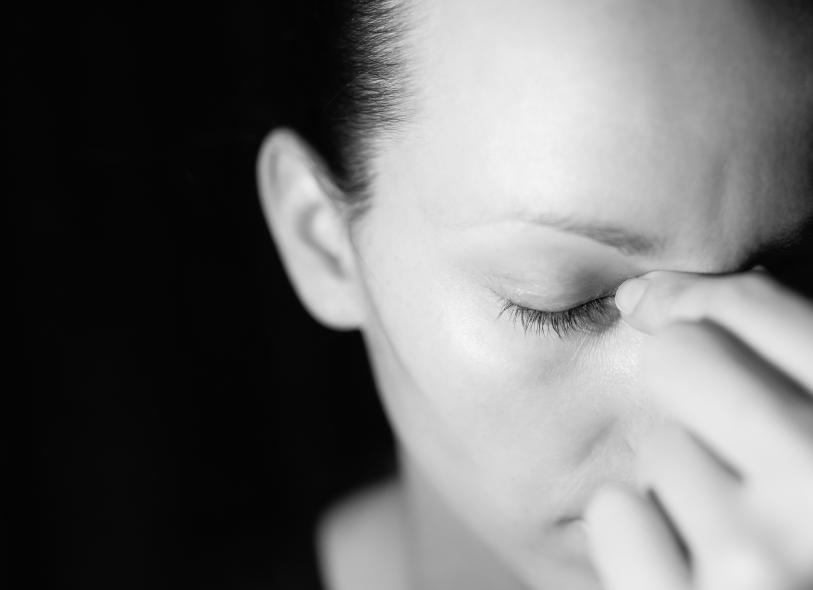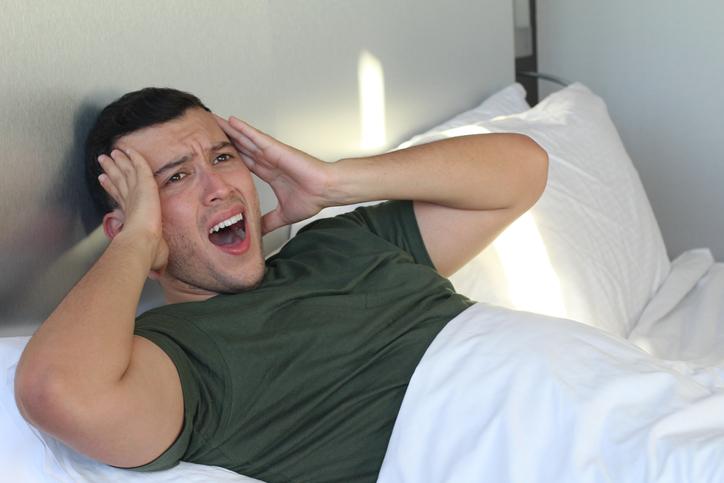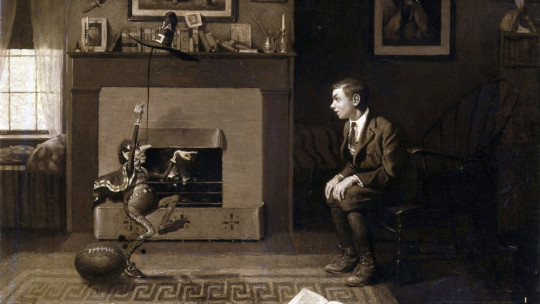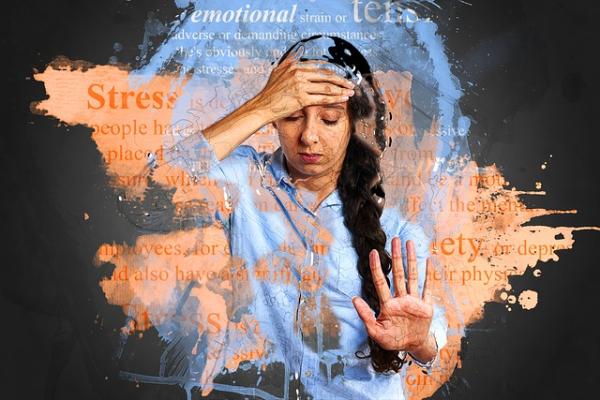Psychosis is the label referring to the mental disorder par excellence. When we hear that someone suffers from a psychotic disorder we think of serious mental problems and symptoms as striking as hallucinations can be. The term is so popular that it has even given the title to the famous Hitchcock film and has been present in the plot of many others.
What really is psychosis? Being such a popularly known term, we can all get an idea of what it means. However, there may be things you don’t know about this mental disorder. Therefore, if you want to know a little more about the term, continue reading this PsychologyFor article in which we present the Psychosis: what it is, symptoms, causes and treatment<
What is psychosis
Traditionally and following the psychology dictionary of the American Psychiatric Association, the term psychosis has encompassed any serious mental disorder that interferes with the patient’s daily activities and daily functioning.
So, if you are wondering what psychosis is, the same dictionary provides a definition that is most used today, referring to a mental alteration in which problems appear regarding awareness of reality and in which alterations are present in brain functions such as perception or cognitive processing. These alterations manifest themselves through symptoms that can include delusions, hallucinations and disorganized speech. The same definition also indicates the presence of alterations related to the patient’s emotional world.
When we talk about psychosis we are referring to a group of disorders included in the DSM-5 (American Psychiatric Association) diagnostic classifications.(1) and ICD-11 (World Health Organization)(2)
Symptoms of psychosis
Psychotic disorders constitute a psychopathological group that presents symptomatology as varied as it is complex. The appearance of such varied symptoms makes it necessary for them to be classified. In this sense, the most used classification includes the symptoms of psychosis in three categories which we will see next:
- Positive symptoms: Among the positive symptoms we find hallucinations, delusions, catatonic behavior and other motor symptoms. This is the most striking group of symptoms of psychosis and the one we most often associate with these disorders. They have a good response to pharmacological treatment.
- Negative symptoms: Negative symptoms are less striking but equally important. These symptoms include those alterations that seem to occur by default, that is, alterations in which functions are diminished, as occurs with affective flattening, anhedonia and/or alogia.
- Disorganized symptoms: These include disorganized speech, inappropriate affect, and disorganized behavior.
Causes of psychosis
Psychosis encompasses a series of highly complex disorders with a large number of associated symptoms. Disorders as complex as these have equally complex theories about the causes of psychosis.
The explanations offered to account for the origin of psychosis cover various areas of knowledge such as biology, psychology or even sociology. Therefore, establishing a single cause to explain the origin of psychosis would be reductionist.
Biological theories
Without leaving aside psychological theories, biological theories have offered a large number of explanations based on the elements that they consider to be involved in the psychotic origin. Among them we can find theories about the causes of psychosis:
- Genetics.
- Biochemistry.
- Endocrine.
- Immune.
- Neuroanatomical.
- Neurophysiological.
- Explanations related to neurodevelopment.
Psychological theories
Of all the theories proposed to explain psychosis, We don’t have any that stand out especially above the rest Therefore, we must take all of them into account and try to offer an integrative explanation that encompasses not only these biological theories but also the theories from other fields such as psychology.
In this sense, we must mention the vulnerability-stress model in which the interaction of different elements such as the patient’s vulnerability, environmental stressors or their protective factors is taken into account. Taking all these elements, a psychotic episode could occur as consequence of the appearance of stressors and certain situations that interact with a patient vulnerability for the development of psychotic disorder.
Psychosis treatment
To treat psychosis we must keep the specific diagnosis in mind that has been carried out and the psychiatric and psychological evaluation that will account for the particularities of the case. Both to evaluate and plan the treatment of psychosis, we must take into account that, as we have seen, this group of disorders presents a very complex phenomenology and that professional intervention must cover all the symptoms.
Following Godoy, JF (2014)(3)he Pharmacotherapy It will be more indicated when positive symptoms are predominant, complemented by psychological and psychosocial therapy. On the other hand, when negative symptoms are more present, the recommended strategy will be a rehabilitation of basic and/or cognitive functions<
This article is merely informative, at PsychologyFor we do not have the power to make a diagnosis or recommend a treatment. We invite you to go to a psychologist to treat your particular case.
If you want to read more articles similar to Psychosis: what it is, symptoms, causes and treatment we recommend that you enter our Cognitive Psychology category.
- American Psychiatric Association (2014). DSM-5. Reference guide to the diagnostic criteria of the DSM-5-Brieviary
- World Health Organization (WHO) (2018) International Classification of Diseases, 11th revision
- Godoy, JF, Godoy-Izquierdo, D. and Vázquez, ML (2014) Spectrum of schizophrenia and other psychotic disorders. En Caballo, VE, Salazar, IC and Carrobles, JA (2014) Manual of Psychopathology and Psychological Disorders. Madrid. Pyramid.
- World Health Organization (WHO) (2018) International Classification of Diseases, 11th revision
Bibliography
- American Psychiatric Association (2020). APA Dictionary of Psychology. Retrieved from https://dictionary.apa.org








